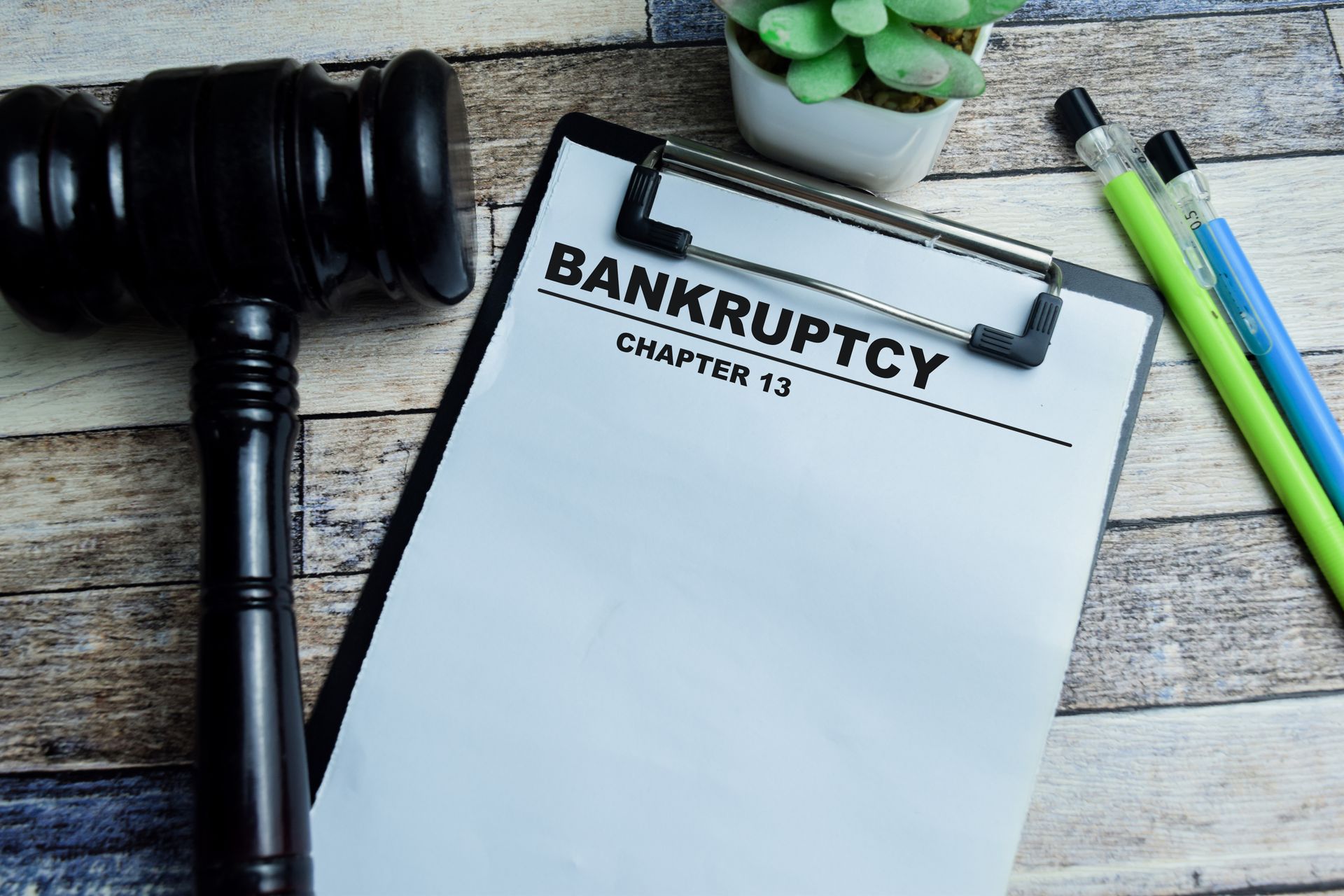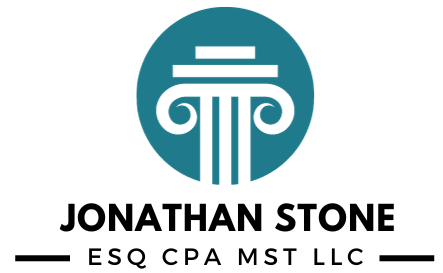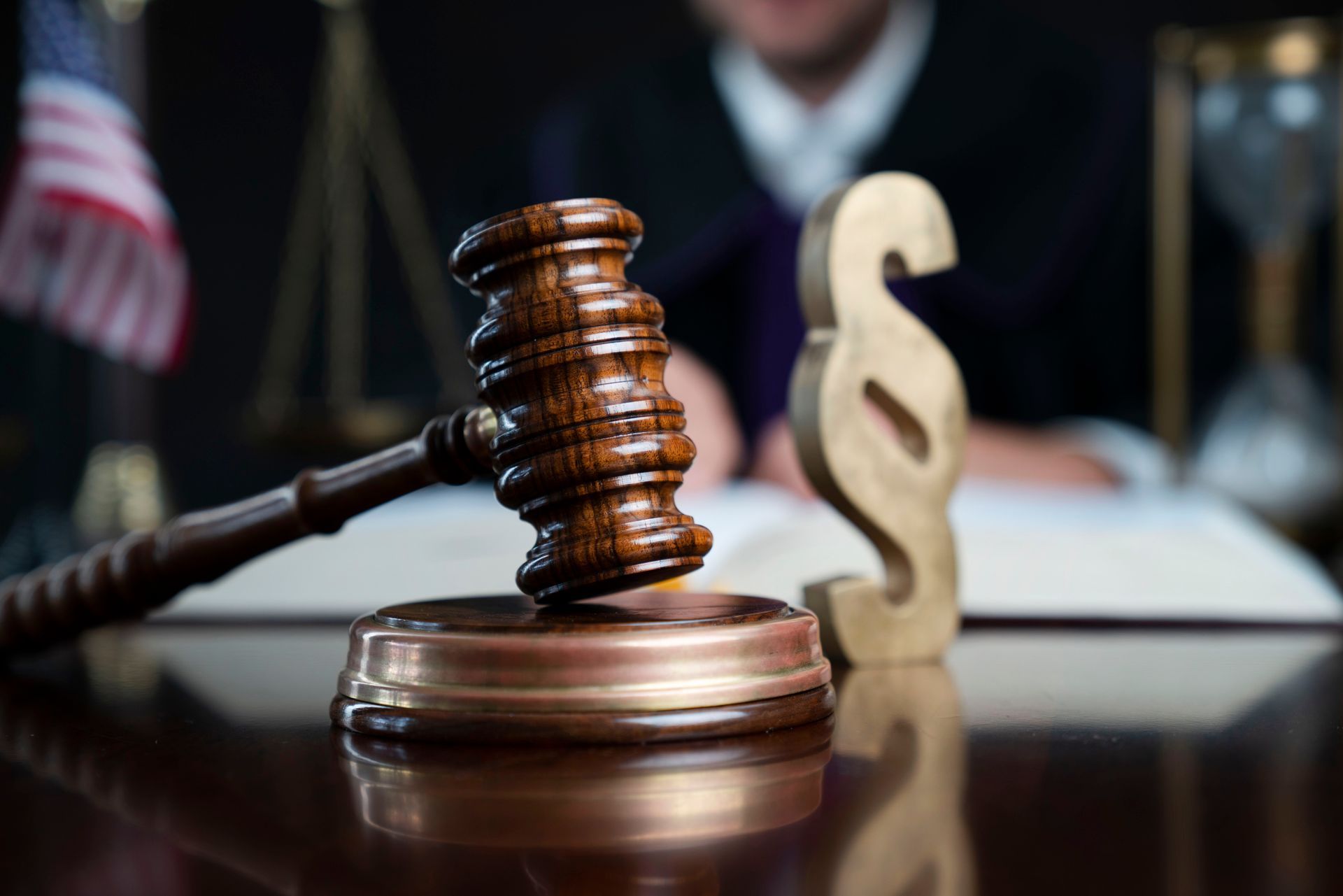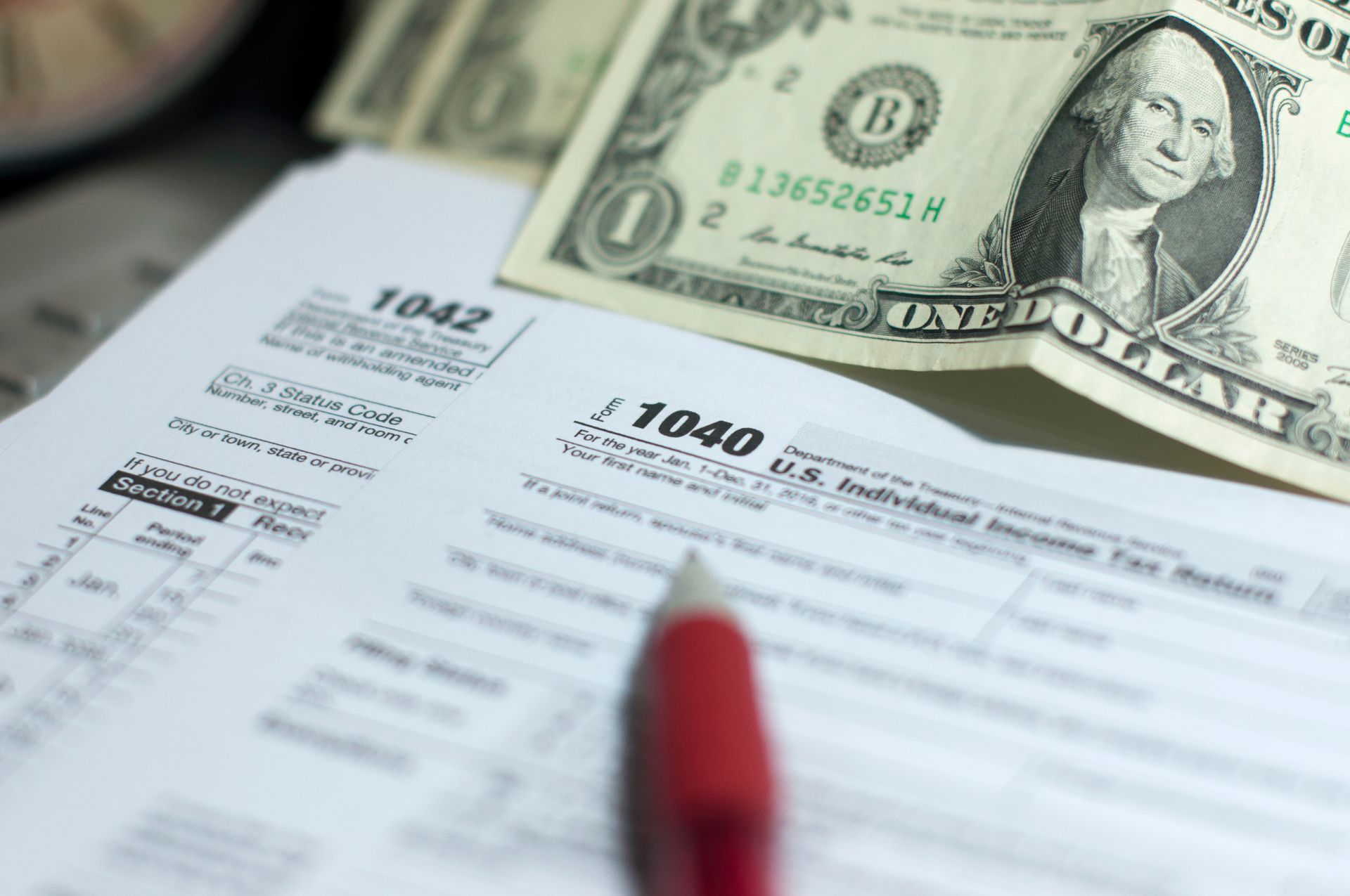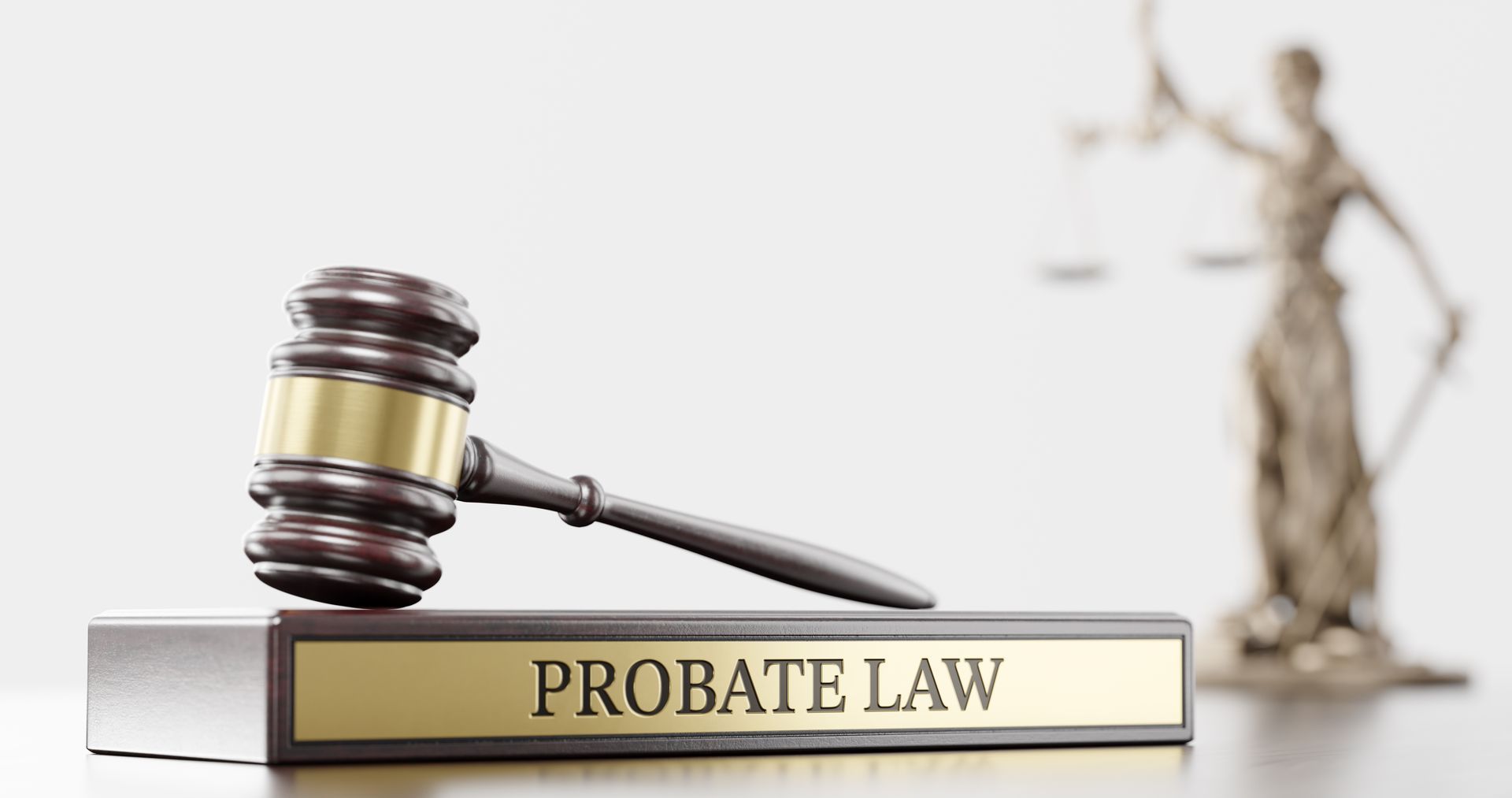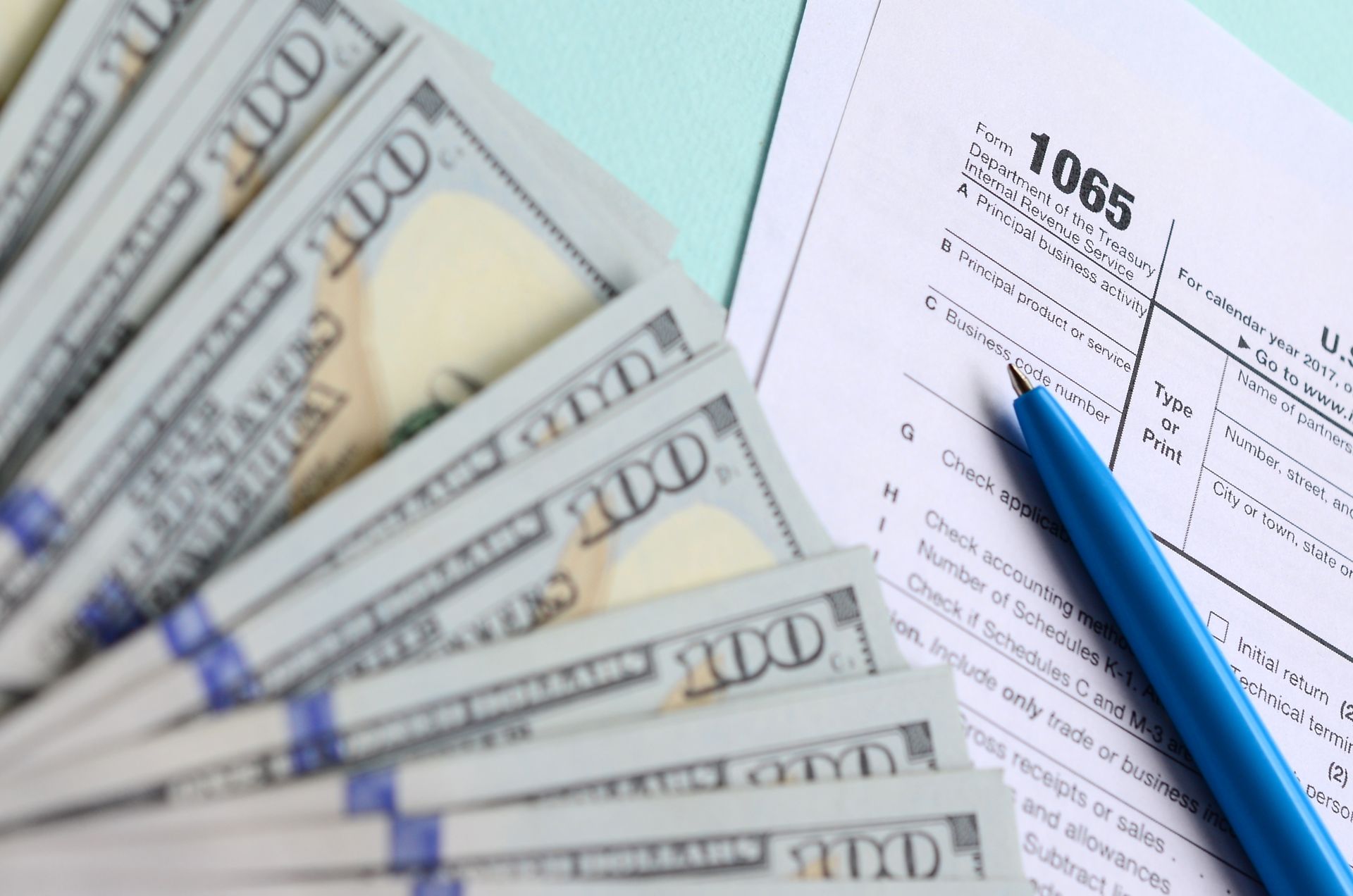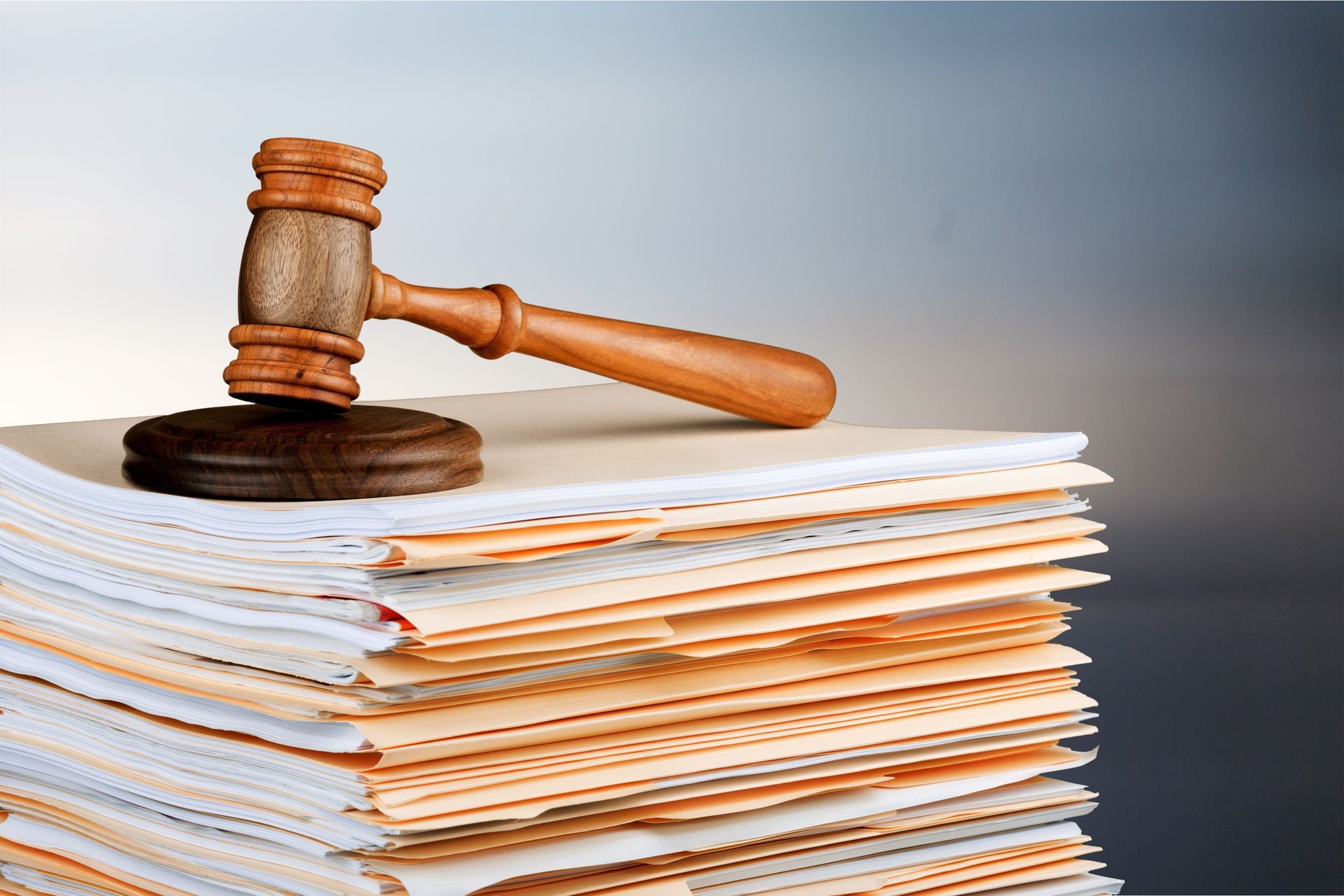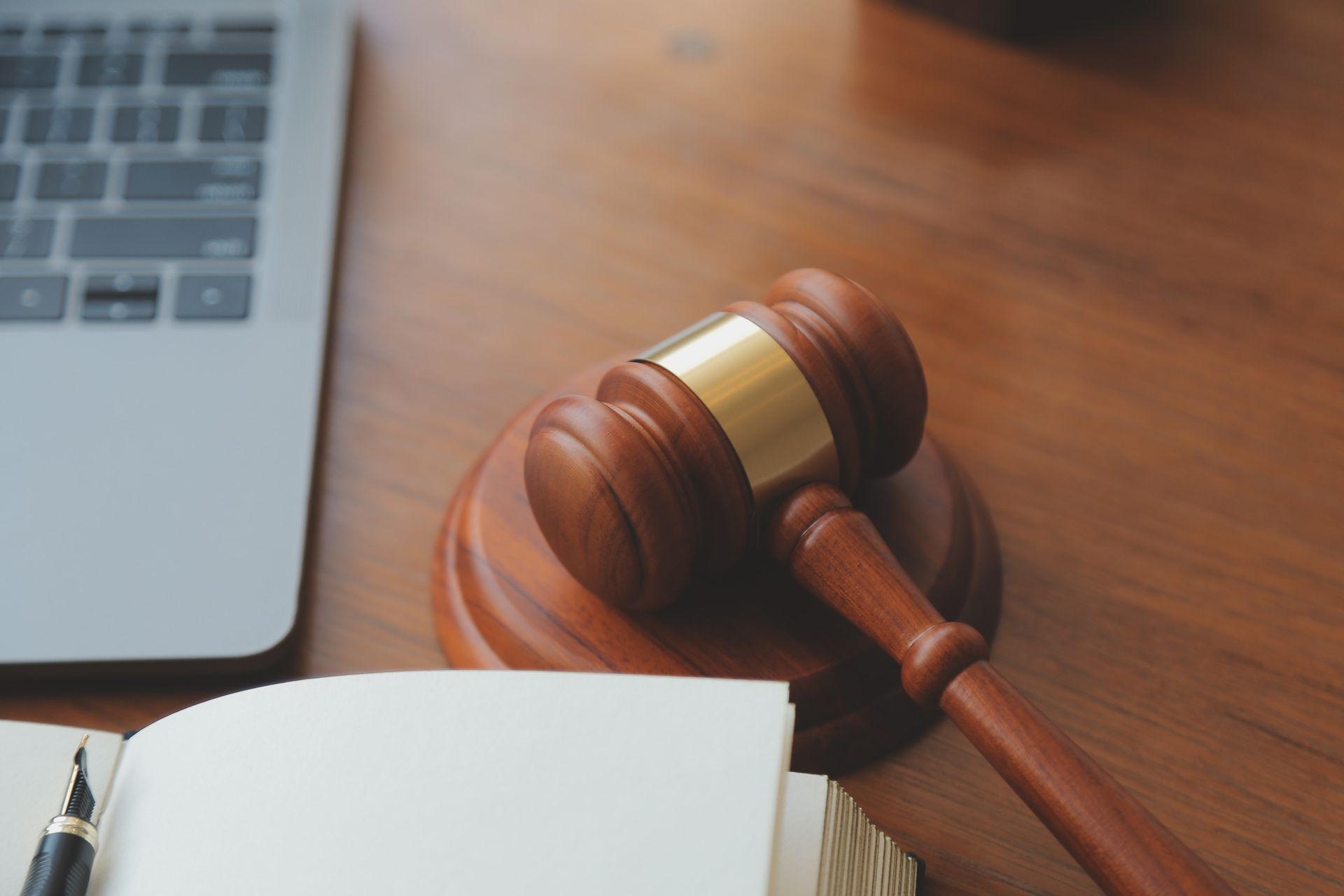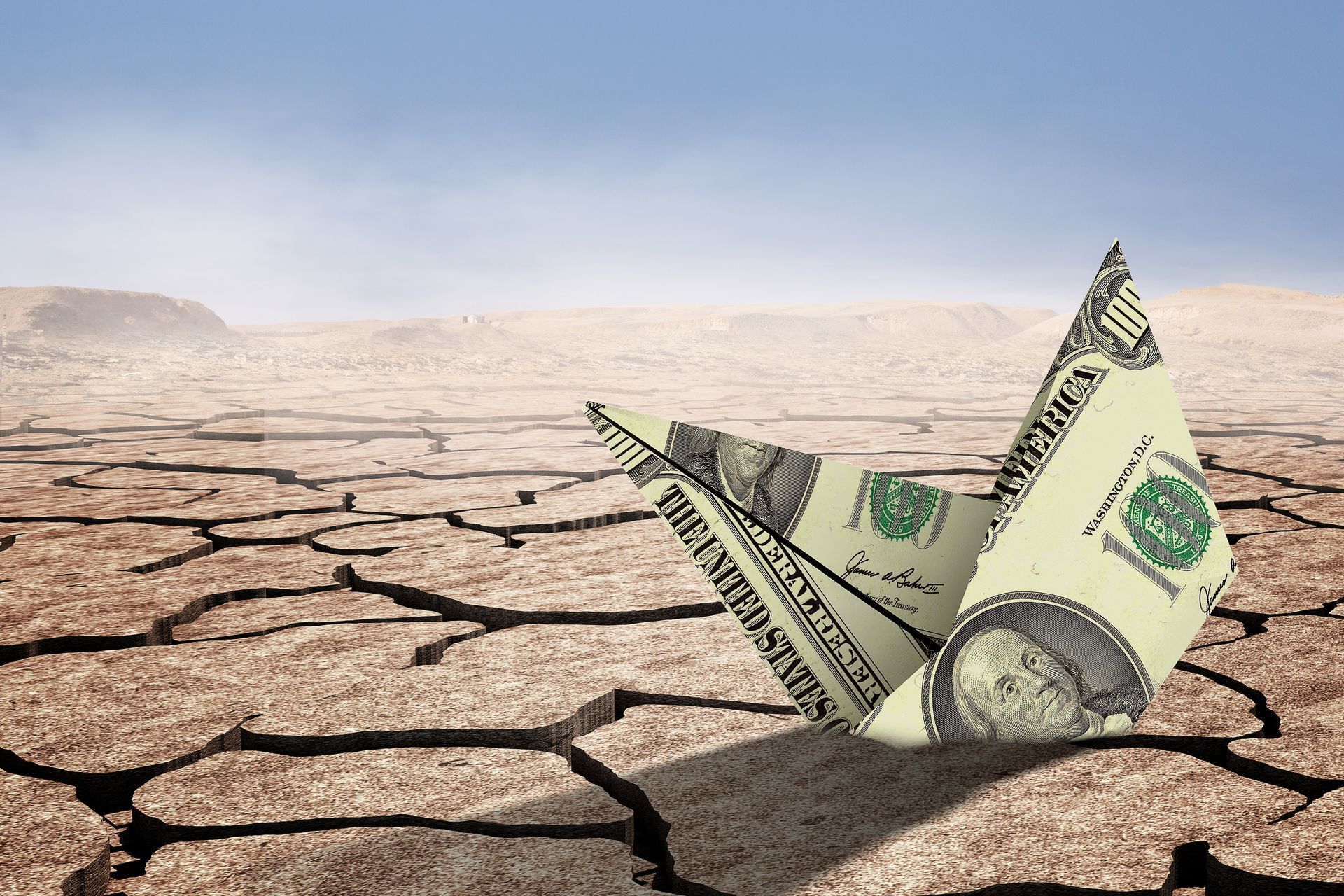Chapter 7 vs. Chapter 13: Which Bankruptcy Option Is Right for You?
Chapter 7 vs. Chapter 13: Which Bankruptcy Option Is Right for You?
When debt becomes overwhelming, filing for bankruptcy may be one of the smartest — and most misunderstood — steps you can take toward financial recovery. In the U.S., the two most common personal bankruptcy options are Chapter 7 and Chapter 13, and each serves a different purpose depending on your financial situation.
At The Law Offices of Jonathan Stone in Hackettstown, New Jersey, we help individuals and families navigate these options with clarity and confidence. Jonathan Stone is both an attorney and a CPA, which allows him to evaluate the full financial picture and help you choose the path that best protects your assets and future.
🔍 What’s the Difference Between Chapter 7 and Chapter 13?
Chapter 7 Bankruptcy: Liquidation and Fresh Start
Chapter 7 is commonly referred to as a “liquidation bankruptcy.” But that term is often misleading — most people who qualify for Chapter 7 keep their property, including their home, car, and personal belongings, thanks to state and federal exemptions.
Key features of Chapter 7:
- Discharges most unsecured debts (credit cards, medical bills, personal loans)
- Quick process: typically resolved within 4–6 months
- You must pass a means test to qualify (i.e., show that your income is low enough)
- May require the sale of non-exempt assets (though this is rare)
Best for:
People with limited income and no ability to repay their debts over time.
Chapter 13 Bankruptcy: Repayment and Asset Protection
Chapter 13 is known as a “wage earner’s plan” because it allows individuals with regular income to reorganize debt into a manageable repayment plan, typically lasting 3 to 5 years.
Key features of Chapter 13:
- You repay a portion of your debt over time based on your income and expenses
- You keep all of your assets, even non-exempt property
- Stops foreclosure and allows you to catch up on missed mortgage payments
- Requires commitment to a strict budget for the repayment period
Best for:
People who have a steady income and want to keep high-value property (like a second home or luxury vehicle), or who don’t qualify for Chapter 7.
🧮 How Do You Know Which Chapter Fits Your Situation?
There’s no one-size-fits-all answer — and that’s where we come in. At The Law Offices of Jonathan Stone, we evaluate:
- Your income and expenses
- Your debts (secured vs. unsecured)
- Your assets and exemptions
- Your long-term financial goals
We'll also walk you through the means test, credit counseling requirements, and paperwork needed for both filings. As both a lawyer and CPA, Jonathan Stone ensures your case is not only legally sound but financially strategic.
✅ Get Help From a Bankruptcy Attorney in Hackettstown, NJ
Bankruptcy isn’t failure — it’s a fresh start. Whether Chapter 7 or Chapter 13 is right for you, we’ll guide you through every step with professionalism and care.

